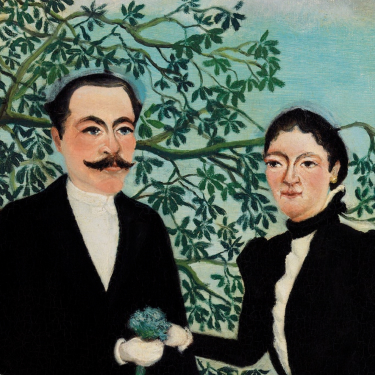The Adventurer
LOVE

IPCF
Quick definition
Fun-loving, stable, and independent. Will pursue relationships that pragmatically fit into their lives but do not need one to be happy.
Find your score on over 100 traits on Dimensional.
Download
Description
IPCFs are characterized by independence, pragmatism, and a zest for life. They approach relationships with a clear sense of self and a practical mindset, seeking partners who complement their adventurous spirit without encroaching on their autonomy. This archetype values experiences and personal growth, often preferring relationships that are straightforward, satisfying, and maintain a sense of excitement and novelty.
In the dating phase, IPCFs are likely to keep things light and fun, enjoying the exploration of new connections without rushing into deep emotional commitments. They look for partners who are self-sufficient and share their enthusiasm for adventure, valuing practical compatibility over romantic idealism. In long-term relationships, maintaining a sense of individuality and personal space is crucial for IPCFs. They thrive in partnerships that respect mutual independence and offer a healthy balance between shared interests and personal pursuits.
Opposite type
IPCFs are the opposites of TDAEs.
Desires
- A partner who respects their need for independence and personal space.
- Relationships that bring new experiences and a sense of adventure.
- Practical compatibility and shared life goals.
- A balance between togetherness and individual pursuits.
Fears
- Losing their sense of self or independence in a relationship.
- Stagnation and routine dulling the excitement of life.
- Emotional dependence from a partner, feeling trapped.
- Being misunderstood or not accepted for their pragmatic approach to love.
Inner psychology
The IPCF's independence likely stems from a childhood that emphasized self-reliance and personal achievement. They may have had caregivers who encouraged autonomy and practical problem-solving, shaping their pragmatic outlook on life and relationships. This upbringing fosters a strong sense of individual identity, but it might also leave them cautious about fully merging their life with someone else's, fearing the loss of their autonomy. Their pragmatic approach to love suggests a rational evaluation of relationships, favoring logical compatibility over emotional intensity, which could be a defense mechanism against vulnerability.
Distribution of user scores
0
25
50
75
100
Other Archetypes in Love
Opposite
In(T)erdependent
(I)ndependent
(D)reamer
(P)ragmatic
(C)entered
(A)nxious
(E)motion & stability
(F)un & stimulation
Strengths
- Self-Reliance: Capable of maintaining their independence and encouraging the same in their partners.
- Adaptability: Easily adjusts to new situations and embraces change, making them exciting partners.
- Practicality: Their pragmatic approach ensures that relationships are built on a solid, realistic foundation.
Challenges
- Emotional Depth: May struggle to fully open up or connect on a deeper emotional level.
- Fear of Commitment: Their love for independence can manifest as hesitation towards committing fully to a relationship.
- Balancing Independence and Intimacy: Finding the right balance between maintaining their autonomy and fostering closeness with their partner.
Traits in an ideal partner
- Adventurous Spirit: Shares IPCF’s love for exploration and trying new things.
- Independence: Has their own life, interests, and friends, complementing rather than consuming the IPCF’s world.
- Practical Compatibility: Aligns with IPCF’s practical approach to life and love, sharing similar goals and values.
Advice for healthy relationships
IPCFs can benefit from acknowledging the importance of emotional vulnerability as a strength, not a weakness, in building deep, meaningful connections. It's crucial to find a balance between independence and intimacy, allowing themselves to gradually open up emotionally while respecting their need for personal space. Communication is key—expressing their desires and boundaries clearly can help avoid misunderstandings. Encouraging their partner's independence and celebrating individual achievements can strengthen the relationship, ensuring both partners feel valued and understood.
At their worst
When driven by fear of losing their independence, IPCFs can become distant and detached, shying away from emotional commitment and potentially hurting their partners in the process. Their pragmatic approach might lead them to overlook relationships that fulfill them but don’t meet their high standards or requirements, causing a lack of depth and intimacy that leaves both partners feeling unfulfilled.
At their best
At their best, IPCFs are dynamic, engaging partners who enrich their relationships with adventure and growth. By embracing vulnerability and emotional connection, they can cultivate deeply satisfying partnerships that honor both individuals' independence and shared journey. Their ability to balance self-reliance with interdependence makes them versatile and resilient partners, capable of navigating life's challenges together while fostering a sense of adventure and mutual respect.














